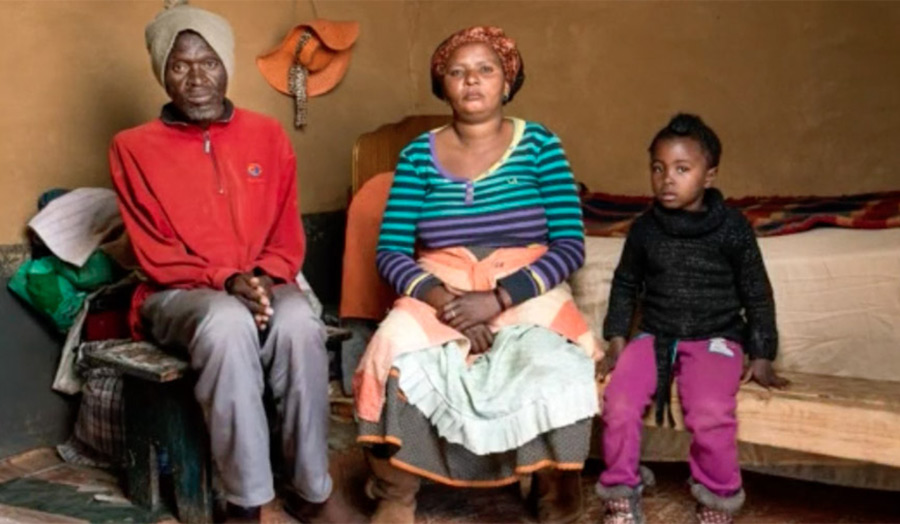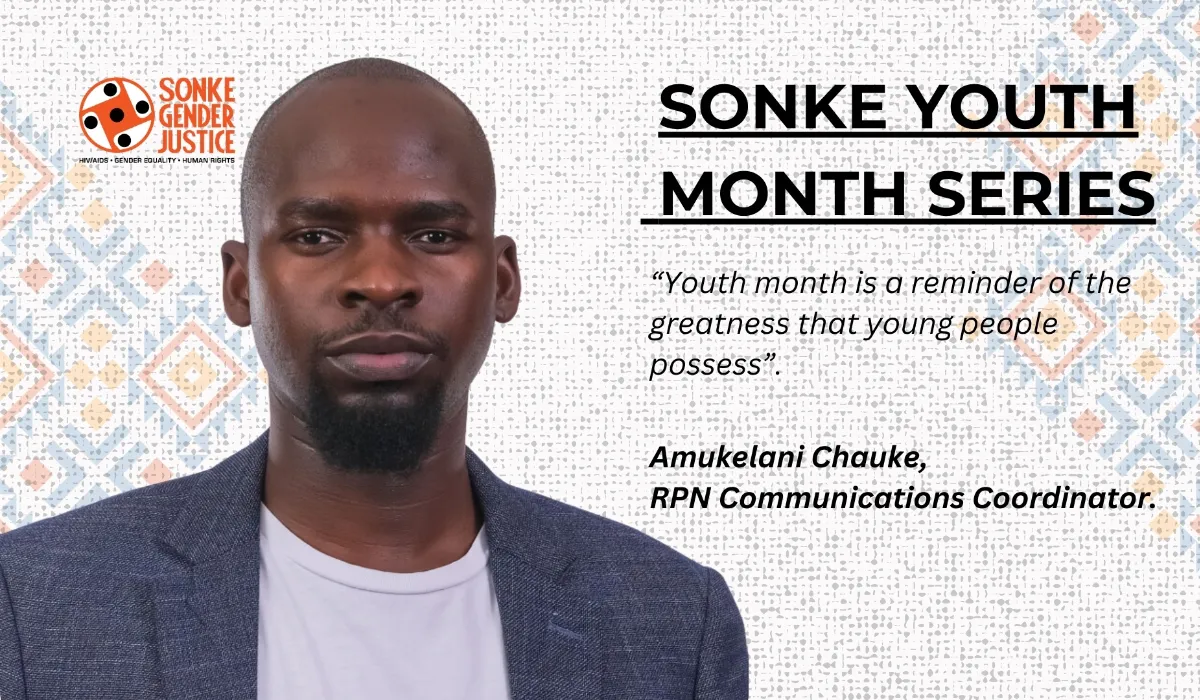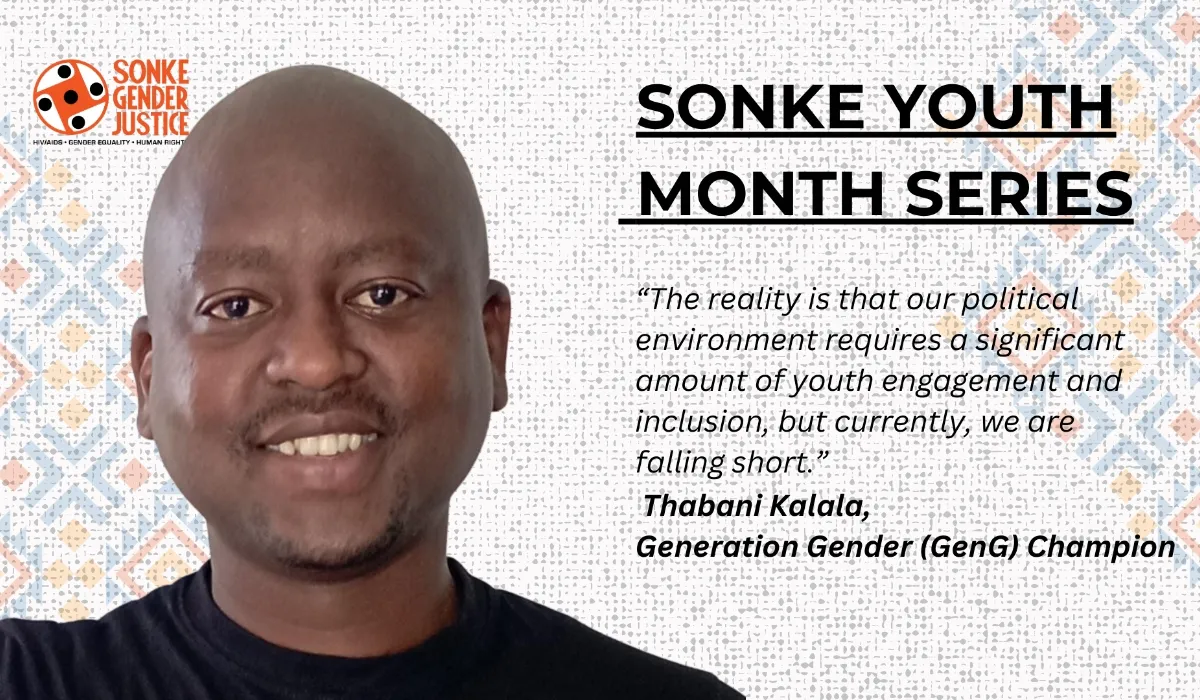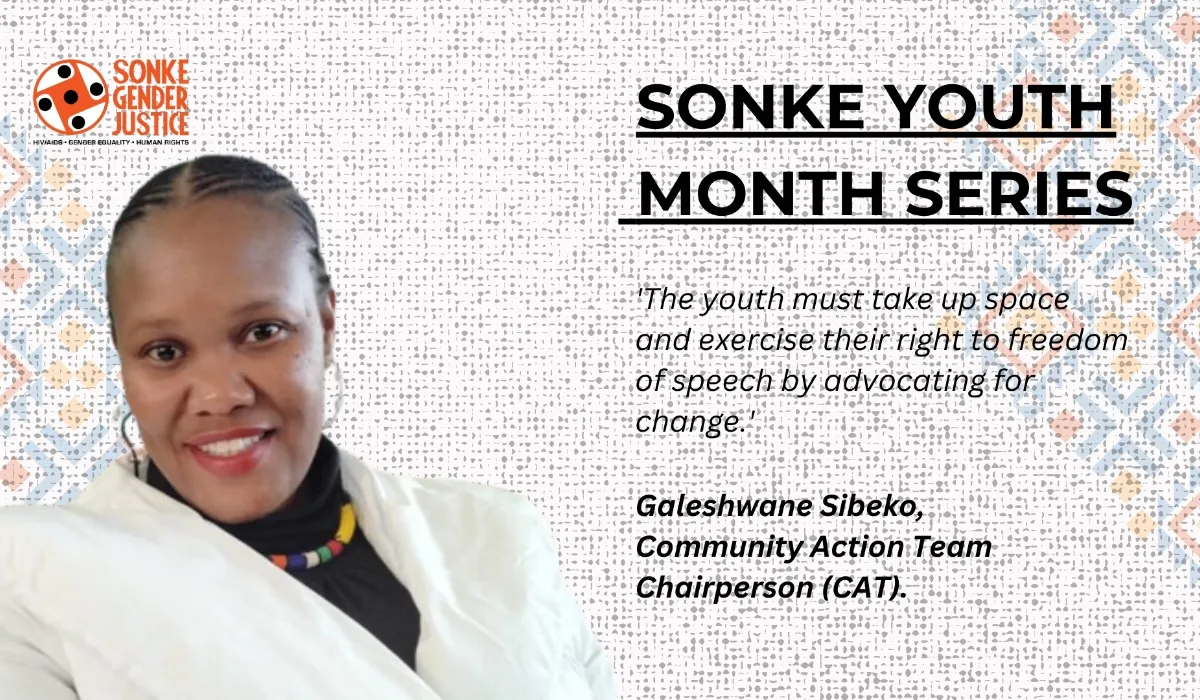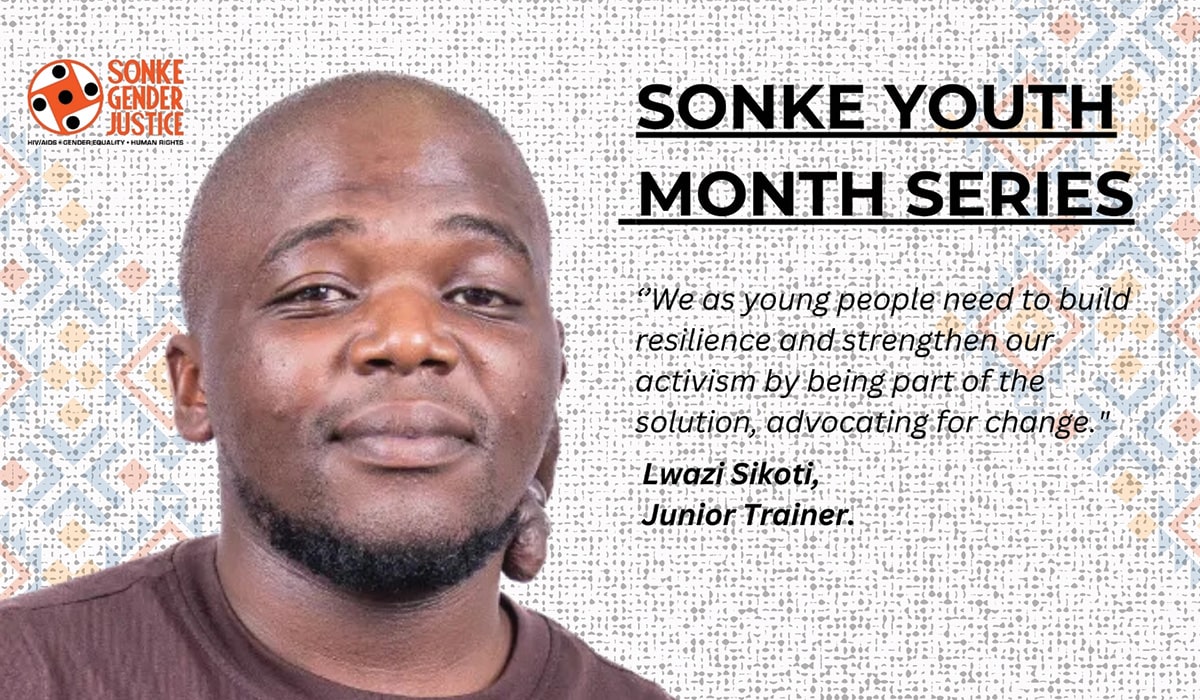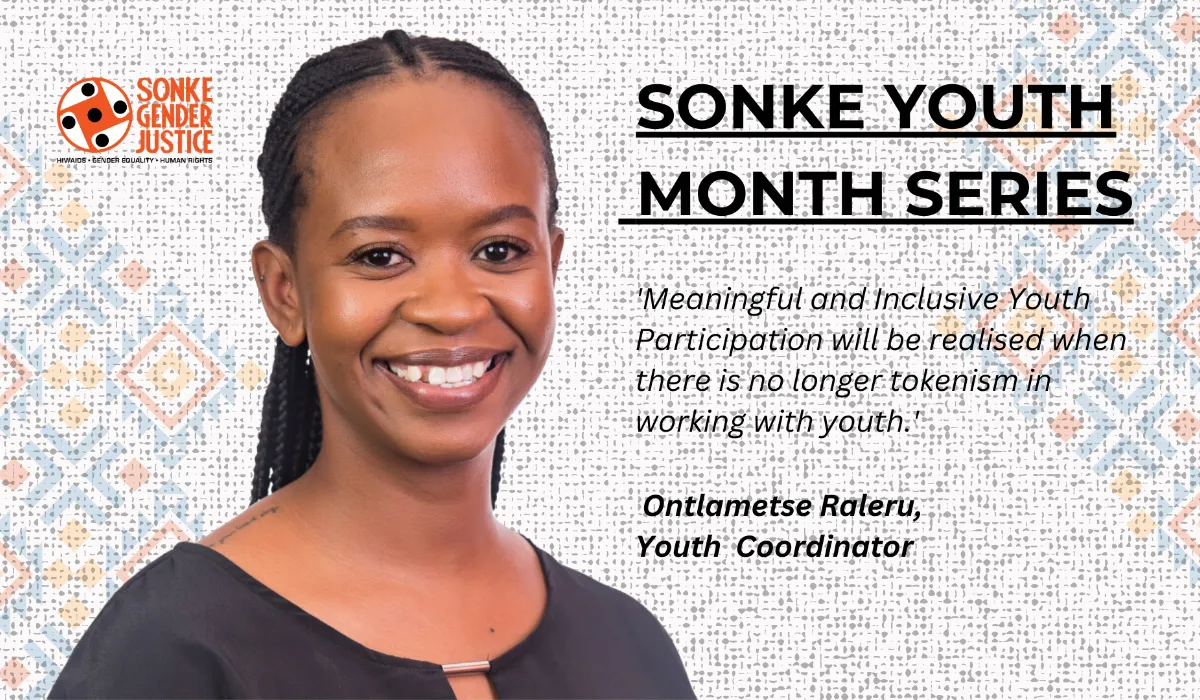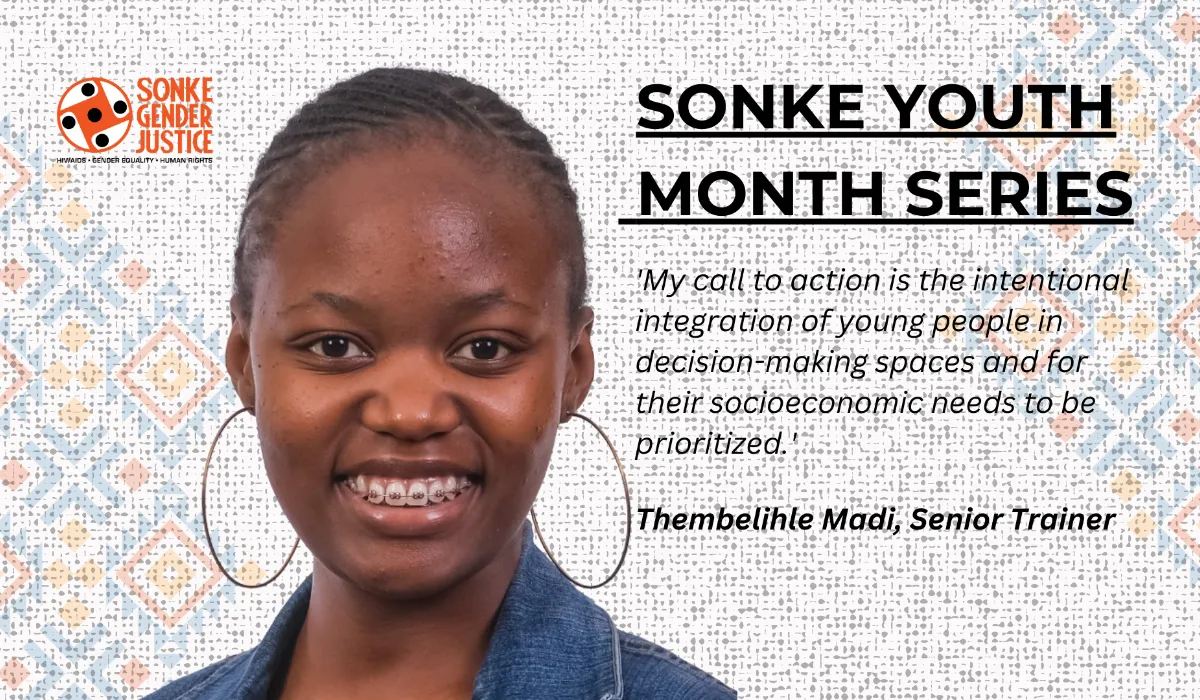The South Gauteng High Court on Friday the 13th of May gave the go-ahead for the largest class action in the country’s history – potentially up to half-a-million people will join in seeking compensation for silicosis and tuberculosis developed from working in unsafe conditions in the goldmines. The unprecedented scale of this lawsuit has sparked extensive media attention. But one aspect of the court’s ruling has yet to be adequately celebrated – its impact on the rights of women and children who’ve depended upon, and cared for, the sick miners.
Silicosis is a degenerative, incurable lung disease that is caused by inhaling silica dust. It scars and stiffens the lungs, makes breathing difficult and painful, and drastically increases vulnerability to infections like pulmonary tuberculosis. It is preventable when the generation and spread of this dust is controlled, and workers are given respiratory protection. With the High Court’s ruling, workers who gave their lives to the mines and developed silicosis and/or TB can now join together to seek proper compensation, including general damages for their extensive pain and suffering, and loss of amenities of life.
But what about the women and children who have depended upon and supported these workers? Living in impoverished rural and peri-urban labour-sending communities, families rely on remittances from miners in order to survive. When a worker develops silicosis or tuberculosis and becomes unable to work, households lose his income, then incur his medical expenses, and eventually also funeral costs. But women and children experience harms that extend well beyond these losses.
Represented by SECTION27, Sonke Gender Justice and the Treatment Action Campaign were admitted into this case as friends of court, and provided evidence on the broader, gendered impact of these occupational lung diseases from the gold mines. The amici presented evidence that women and girls bear a heavy financial, emotional, and physical toll caring for miners as their their lungs gradually cease to function and they slowly die of asphyxiation. Despite fierce opposition from the mining industry who spent millions of rands on legal fees to block our efforts, the court determined that evidence on the impact of silicosis on women and families was “pertinent and new” and granted Sonke and TAC permission to join the case and introduce additional evidence.
From research we conducted in mine-sending communities, we learned that care eventually becomes a nearly full time effort, requiring women to forego income generating activities and spend the little money they have to take ill miners to health facilities and pay for medication. Similarly, we learned that girls are often pulled out of school so that they can either look for work or provide care. Our evidence reminded the court that, especially for girls, failure to complete secondary school “is a risk factor for HIV infection, gender-based violence, and being in inequitable relationships later in life”.
Sonke field researchers and TAC members heard over and again about the overwhelming burden of care provided by women, as they interviewed women in villages across the Eastern Cape. Here one woman describes the physical and financial toil she endured: “I used to carry my husband around. I used to go from house to house asking for food, we had children going to school. At times I would get piece jobs so we could eat.”
Drawing attention to the emotional toll, another woman explained: “it made me feel real bad, it pained me, you see having a husband with no money, you both have no money, you have children but some children had to stop going to school. The eldest one was first to leave school. She finished Standard Eight and couldn’t get into Standard Nine. She looked for piece jobs. She then fed us and became the parent.”
The stories repeated themselves from village to village: “My husband was the sole breadwinner. If we had money, he had sent it. During his last days, he lost his strength and his chest closed up. It was difficult for him to cover himself with blankets, so I would cover him up. He could not go outside to relieve himself, so he would do it right there in the bed. I would have to throw it away. On his last day his chest closed up completely. I am left with almost nothing. But I try my best because I am a mother.”
Adding indignity to injury, women witnessed the routine disdain meted out to mineworkers who attempted to seek the financial compensation due them. As one widow put it starkly: “When he went to the mines to go check on his money, he came back with nothing. I also went and came back with nothing. He had already passed away. I came back with nothing.”
The stories we heard are the predictable consequence of deliberate strategies of dispossession developed by the mining industry in collusion initially with English colonial administrations and then reinforced under Apartheid. Legislation like the 1894 Glen Grey Act, the 1913 Land Act were intended to break the back of successful black farmers and force men off the land and into the mines. This legislation and subsequent Apartheid laws, especially the 1954 Group Areas Act, also prevented women from leaving rural areas and forced women into servicing the mining industry–by raising future mineworkers and then caring for them once they were broken and discarded by the mines.
Thankfully, the High Court ruling recognised the gendered dimensions of this case and set important precedents for women’s rights and gender equality in the case of compensation for occupational disability. In addition to authorizing the class action, the High Court decided that deceased miners’ claims for general damages can now transfer to his estate regardless of the stage of the litigation in which he dies. Prior to this ruling, such claims extinguished when the plaintiff died before the suit reaches litis contestatio, or in lay terms, has progressed past the close of pleadings.
In reaching this decision, the High Court emphasized its constitutional imperative to develop the common law consistently with the values enshrined in the Constitution, and explicitly those within the Bill of Rights. In this regard, the judges found the limitation inconsistent with the spirit, purpose, and objectives of the Bill of Rights because of its discriminatory impact, its undermining of the best interest of the child, and its entrenchment of the harmful gendered consequences of silicosis in labour-sending communities. They wrote: “The amici point out, the common law, in effect, has a gender bias to it and such gender bias, they forcefully argue, is not consonant with our constitutional values and principles. ”
The court recognized that general damages, although personal in nature, also extend benefits to the families of the injured person. For example, general damages could ease the burden on women and girls caring for ill miners. It could also indirectly compensate them for the unpaid care they’ve already provided. In these ways, removing the limitation on transmissibility helps to remedy some of the gendered injustices apparent in the case. Furthermore, removing the limitation aligns with the constitutional guarantee to consider the best interests of the child in every matter that concerns them.
The judges also agreed that it would be unfair to allow the mining companies that caused the harm in the first place, to benefit from this outdated common law. With the high mortality rates of silicosis and TB, the mining industry could easily have played a waiting game and cynically delayed the lawsuit’s progression until more plaintiffs died, thereby eliminating claims for general damages. The court found untenable the proposition that companies should benefit by causing early death.
Underscoring the clear risk of plaintiffs dying prematurely, the judges noted that 14 applicants in this class action had already died from their illnesses. They asserted that it would be unjust to allow their provable claims for pain and suffering to extinguish. It would be irrational to deprive the women and girls of compensation when they provided care for the decedent at personal cost. And it would certainly be the wrong outcome to allow the companies that caused the harm to benefit instead of the families.
Setting aside the post litis contestatio limitation for inheriting general damages claims addresses some of the gendered harms of silicosis. It is also an important legal precedent, with implications that extend beyond this case. This precedent applies to class actions and individual lawsuits alike. It removes the pressure on sick and dying plaintiffs to rush through litigation, and eliminates the incentive for defendants to delay the progression of litigation in these situations.
The judges themselves recognised that their ruling was bold and proactive: “By holding that the common law can only be developed in the manner we suggest does not, in our view mean that we have ignored the judicial caution captured in the dictum that judges should only develop the common law incrementally.” In this case they argue “there simply is no middle road and there can be no half measures. Once one accepts that the common law precluding the transmissibility of general damages pre-litis contestatio does not reflect the “spirit, purport and objects” of the Bill of Rights, there can be no retreat for this conclusion. One becomes bound to develop it in a manner that fully and uncompromisingly reflects the “spirit, purport and objects” of the Bill of Rights. Anything less, would not suffice. It would only replicate the very anomalies and injustices that result from its application in practice.”
We’ll know soon if the mining companies intend to appeal the case. We hope they choose instead to act on their obligation to make amends for nearly 150 years of exploitation and disregard for black mineworkers and the women who cared for them when the workers returned home with silicosis to die slow and painful deaths.

